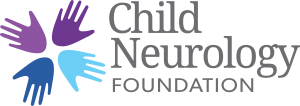It looks like you’ve stumbled onto a page that no longer exists.
Don’t worry. We can help you get back on track.
- Behavior Management
- Child Neurology 101
- Child Neurologist New Visit Toolkit
- Epilepsy Education Hub
- Family Support Network
- Infantile Spasms Action Network
- News
- Transition of Care
Don’t see what you’re looking for? Click here to get back to our homepage.


